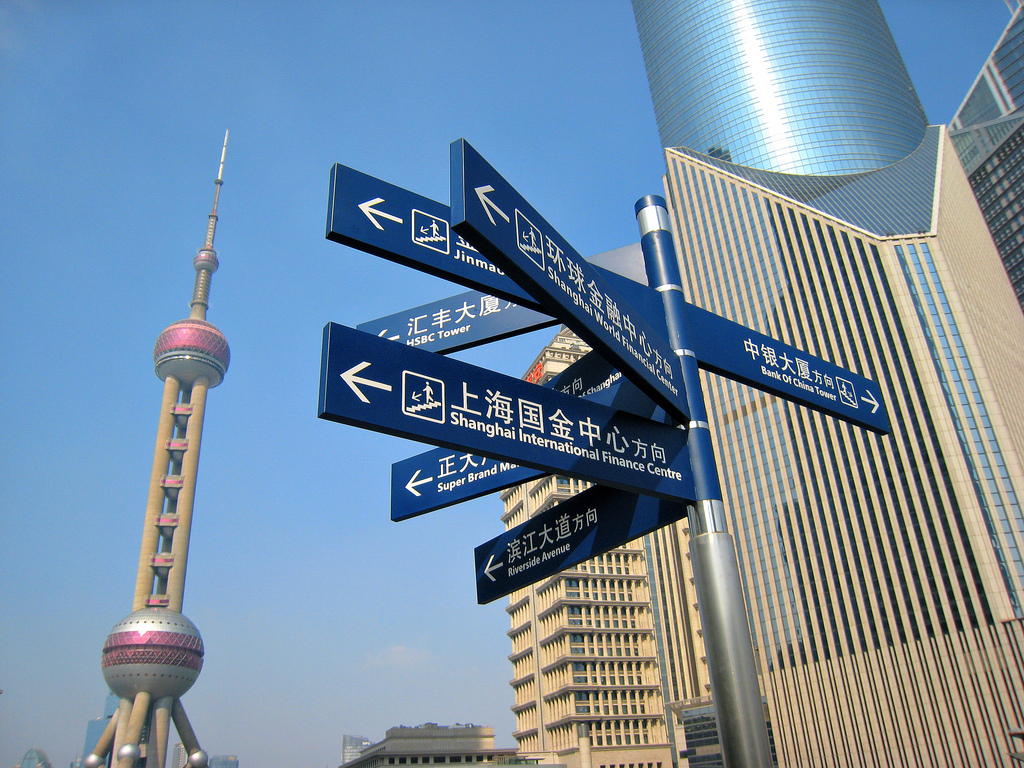WASHINGTON — China is likely to fall into the same economic trap as Japan did to muddle along with sluggish growth as it hesitates to deal with the overcapacity and excess debt issues, economists told a Senate hearing Thursday.
A further slowdown in the Chinese economy would affect the U.S. by denting the exports of China’s Asian and European trading partners and encouraging a flurry of global currency depreciation, witnesses told the Senate Banking Committee.
“China’s economic-growth model appears to have run its course, and China would now seem to be headed for many years of very slow economic growth, much as happened to Japan for the past two decades,” said Desmond Lachman, an economist at American Enterprise Institute, a conservative think tank.
“It’s very unlikely to get the bubble bursting in a way like in the U.S. because China has control of the banks and state-owned enterprises, it can keep pumping credit to keep zombies alive in much like what Japan did,” Lachman said.
China’s ruling Community Party faces a dilemma between the urgent need to transform the country’s slowing economy, and the possibility of losing control and social unrest if massive layoffs happen. The economists who testified Thursday shared a pessimism of China’s taking actions to become a market-oriented economy.
“China is in trouble, there’s a cancer in the economy and it has metastasized,” said William Wilson, an economist at the Washington-based Heritage Foundation, which advocates limited government and free markets.
China’s continuous overcapacity and credit-bubble issues coincide with the economic and financial problems haunting developed and emerging markets.
“The U.K, Italy, Brazil and Japan are all likely to experience economic slowdown in the period ahead,” Lachman said. “The unwinding of China’s credits and asset-price bubbles will be occurring at a highly inauspicious time for the global economy.”
China’s yuan is trading at the lowest level against the U.S. dollar in more than five years.
A 27-month capital outflow streak from China slowed its pace to about $64 billion in the second quarter this year from a record $226 billion in the third quarter last year with a surprise yuan devaluation in August, according to the Institute of International Finance, a financial association tracking global investment flow.
The debt owed by China’s private non-financial sector amounted to more than double the country’s GDP at the end of 2015, rising since the Great Recession, according the Bank for International Settlements, which is based in Switzerland and represents the world’s biggest central banks.
The Senate Banking Committee hearing Thursday was Capitol Hill’s first detailed look at China’s economy and finances since the 114th Congress convened at the beginning of 2015.
Photo at top: Street signs in the financial district of Shanghai. (Joan Campderrós-i-Canas/Flickr)


